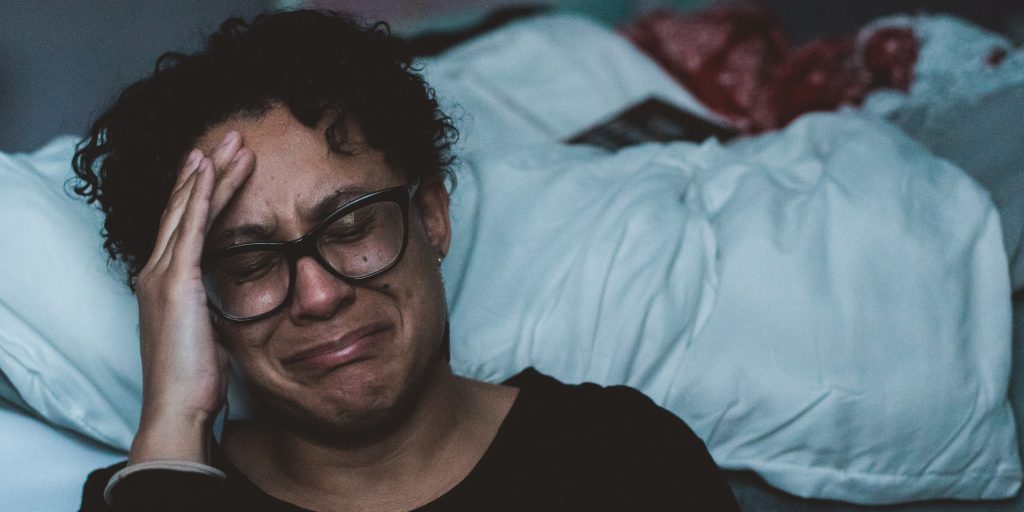Mayors working to fight a different invisible threat during the pandemic: domestic abuse
Much has been said in recent weeks about the public health pandemic sweeping through our country. Coined the “invisible enemy” in our midst, COVID-19 has upended nearly every institution and organization in our society, from hospital emergency rooms to our favorite shops on “Main Street.” And while the public health and economic disruptions have been well-documented, one too-often hidden scourge, domestic violence, is ravaging our families and neighborhoods.
As the Mayor of Gresham, Oregon and a Trustee with the U.S. Conference of Mayors, and as the President and CEO of the National Coalition Against Domestic Violence (NCADV), we are watching domestic violence rates spike as an immediate aftermath of our collective efforts to stem the rate of transmission of COVID-19 through physical distancing restrictions. In Gresham, the month of March brought a 77 percent increase in domestic violence calls for police service over the same month a year prior. This trend was consistent with data from other areas of the country, where we are seeing similar increases from the east coast to the west coast.
While frustratingly difficult to detect and disrupt under normal circumstances, victims of domestic violence have even fewer channels of support available to them in these current conditions. Because of physical distancing, a supportive coworker is less likely to spot the emotional and physical signs of abuse, and victims face a diminishing landscape of trusted friends, family members, and colleagues with whom they can confide. When the only communication channel available for a victim is a phone within the house, it is all too easy for abusers to control and stifle calls for help, with victims facing the looming threat of physical retribution. These are only some examples of the challenges victims and survivors are facing, as a result of COVID-19.
Community leaders across America have encouraged residents not to let physical distancing lead to social isolation. Now more than ever, it’s important to be true neighbors to those in our midst even if neighborliness is restricted, at the moment, to virtual modes of communication. While these social connections are important for maintaining our mental health and our sense of interpersonal belonging, in this era of physical estrangement, they can also be a critical tool of abusers to further abuse.
The best allies for domestic violence victims are those who are emotionally available and represent support and trust. If you are concerned that a friend or loved one is facing violence in the home, express support, share resources, and encourage victims to take the best actions for them, be it fleeing to the safety of shelter, reaching out to family, or reporting their abusers. Domestic violence shelters and programs nationwide continue to operate as critical services and are taking every precaution to ensure these services and service delivery are COVID-19 safe.
As government leaders, it can be tempting to focus on good news and quietly move past bad news. But in the case of domestic violence, elected officials and public servants can empower victims to seek refuge by shining a light on this terrible menace. That’s why the U.S. Conference of Mayors and the National Coalition Against Domestic Violence teamed up with mayors and police chiefs from across America to amplify our concern over this sharp spike in cases and equip our leaders with the tools and advice they need to protect families.
Wherever you are, use your influence to research the data, share the message, and reference available support services. Victims can seek crisis help from the National Domestic Violence Hotline by visiting thehotline.org or by calling 1-800-799-SAFE. Additionally, resources for family, friends, neighbors, colleagues and others are available on the NCADV website.
In the midst of this pandemic, people are looking to public officials for information and guidance. You are uniquely positioned to draw their attention to the hidden terror that occurs within the walls of homes in our communities. Lending your voice to this issue can crush the curve of another dangerous threat in our midst, the harrowing devastation of domestic violence.
Shane Bemis is the Mayor of Gresham, Oregon and Trustee with the U.S. Conference of Mayors
Ruth Glenn is the President and CEO of the National Coalition Against Domestic Violence




















